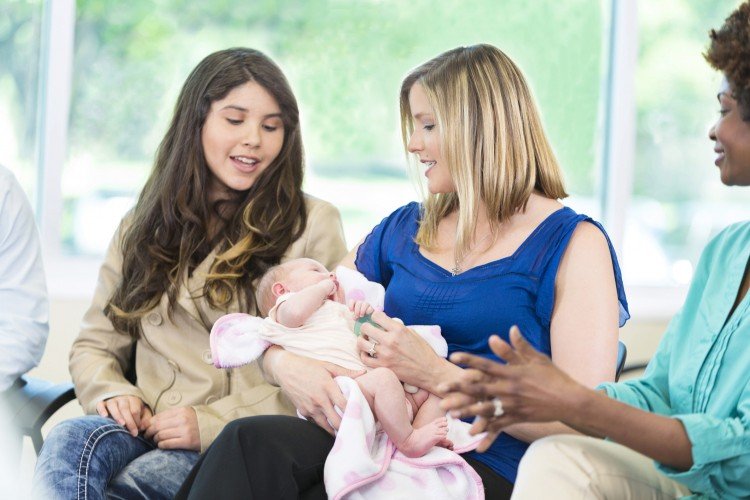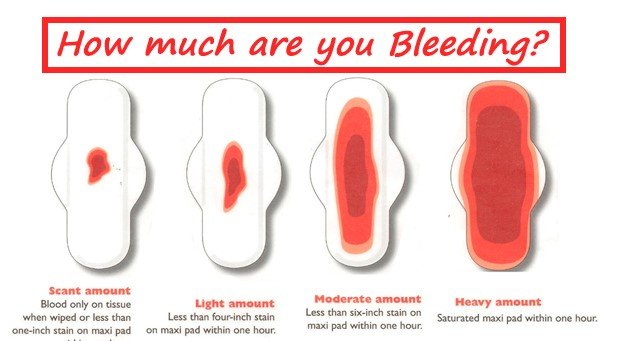On this Page
What is postpartum depression?
Postpartum depression is a serious but treatable condition that affects women after childbirth. It’s more than just the “baby blues.” While it’s normal to feel emotional or overwhelmed for a few days after giving birth, postpartum depression lasts longer and can interfere with your ability to care for yourself or your baby.
It’s a medical condition, not a weakness or failure. Many women blame themselves, but the truth is, postpartum depression can affect anyone, regardless of age, background, or birth experience.
Common signs of postpartum depression
Knowing what to look for can help you recognize the difference between normal postpartum adjustment and something more serious. Here are some of the most common symptoms:
- Feeling sad, hopeless, or empty most of the day
- Crying often, sometimes for no clear reason
- Losing interest in things you used to enjoy
- Trouble bonding with your baby
- Feeling like you’re a bad mother
- Sleeping too much or not enough
- Eating too little or too much
- Fatigue that doesn’t go away
- Anxiety, panic attacks, or constant worry
- Thoughts of harming yourself or your baby
These signs may vary from person to person. Some women feel mostly anxious, while others feel emotionally numb or withdrawn. The key is to notice when these feelings become persistent and begin to affect your quality of life.
What causes postpartum depression?
There’s no single cause, but several factors may contribute to the development of postpartum depression:
- Hormonal changes: After childbirth, levels of estrogen and progesterone drop sharply, which can affect mood.
- Lack of sleep: Newborns don’t follow a sleep schedule, and the resulting sleep deprivation can take a toll.
- Emotional stress: Caring for a baby, relationship changes, and lifestyle adjustments can be overwhelming.
- Personal or family history of depression: If you’ve had mental health challenges before, you may be more at risk.
- Lack of support: Feeling isolated or unsupported can intensify feelings of sadness and anxiety.
It’s usually a combination of these factors that leads to postpartum depression—not something you did or didn’t do.
Treatment for postpartum depression
Postpartum depression is treatable, and there’s no one-size-fits-all solution. The best treatment depends on the severity of symptoms and your personal preferences. Here are the most common approaches:
1. Therapy
Talking to a mental health professional, like a psychologist or therapist who can help you understand your feelings and develop coping strategies. Cognitive Behavioural Therapy (CBT) is one of the most effective forms for postpartum depression.
2. Postpartum depression medication
In some cases, antidepressant medication may be recommended. These medications help balance the brain chemicals that affect mood. Your doctor can help you weigh the benefits and risks, especially if you’re breastfeeding.
3. Support groups
Connecting with other moms who are going through similar experiences can be incredibly validating. Support groups offer a safe space to share your struggles and hear from others who understand.

4. Lifestyle changes
Simple things like regular sleep, nutritious meals, gentle exercise, and time for yourself, even in small doses, can support your recovery. While these aren’t cures on their own, they can make a big difference alongside other treatments.
When to seek help
If your symptoms last more than two weeks, interfere with daily life, or make it hard to care for yourself or your baby, it’s time to reach out. You don’t need to wait until things get worse. Help is available, and there’s no shame in asking for it.
You should seek immediate help if you’re having thoughts of harming yourself or your baby. In these cases, contact a healthcare provider, emergency services, or a mental health crisis line right away.
For more info, Click here
FAQs
When does postpartum depression start?
Postpartum depression can begin anytime within the first year after childbirth, but it most commonly starts within the first few weeks after delivery. Some women notice symptoms even during pregnancy, while others feel fine initially but start to struggle later on.
It’s important to remember that symptoms may not appear all at once. They can build gradually or come on suddenly, which is why many women don’t realise they’re experiencing postpartum depression until it’s affecting their daily life.
How long does postpartum depression last?
The duration of postpartum depression can vary widely. Without treatment, it can last for months—or even longer than a year. However, with the right support and care, most women start to feel better within a few weeks to months.
Some mild cases may improve on their own, but for many women, professional help is essential. The sooner you seek support, the quicker your recovery can begin.



